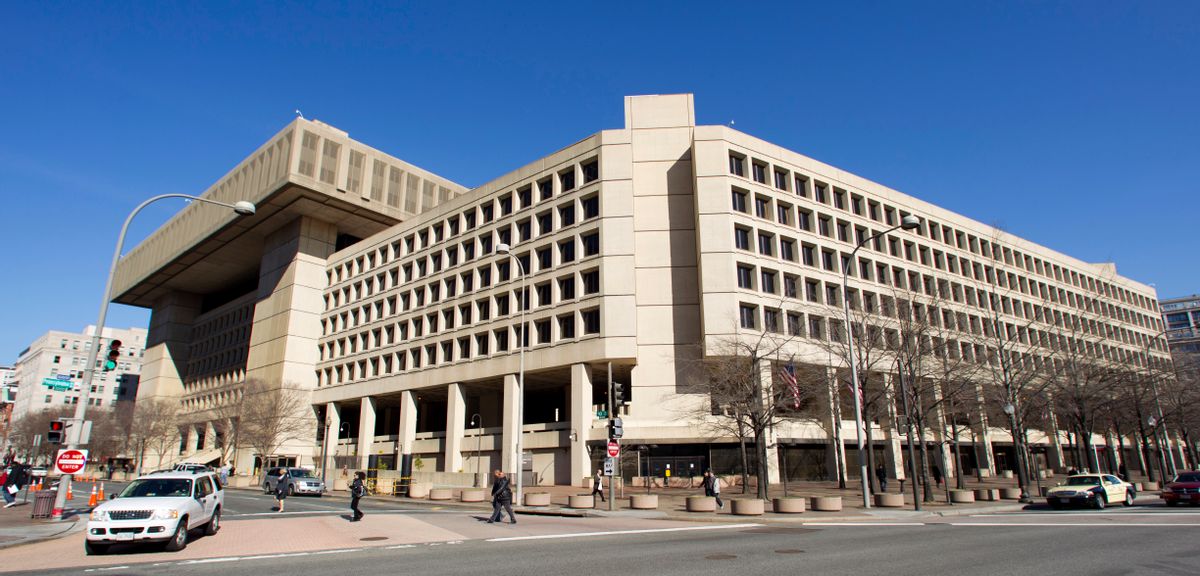 A 36-year-old software engineer who shot and killed a California Highway Patrol (CHP) officer last fall was bipolar and held antigovernment “sovereign citizen” views, an investigation by the Contra Costa County Sheriff’s Office has concluded.
A 36-year-old software engineer who shot and killed a California Highway Patrol (CHP) officer last fall was bipolar and held antigovernment “sovereign citizen” views, an investigation by the Contra Costa County Sheriff’s Office has concluded.
Christopher Lacy’s ideological ties to the sovereign citizen movement, whose adherents generally believe they are immune to federal tax and many criminal laws, were documented with more than 100 interviews and search warrants. But the seven-month investigation failed to determine why he shot CHP Trooper Kenyon Youngstrom on Sept. 4.
The trooper was fatally shot at close range moments after stopping Lacy’s vehicle, which had an “obstructed license plate” as it traveled on busy Interstate 680 near Alamo, Calif., the sheriff’s office said in a just-released summary statement. That was only the latest murder of a law enforcement official during a traffic stop by a sovereign citizen, most of whom believe the government has no right to regulate their driving. On May 20, 2010, two West Memphis, Ark., police officers were slain by a father-son team of sovereigns during a routine traffic stop.
The FBI has publicly classified the sovereign citizens movement as “domestic terrorist” in nature.
In the California case, CHP Trooper Tyler Carlton, who responded as backup, shot and killed Lacy at the crime scene, resulting in the closure of both directions of travel on the busy Bay Area freeway for several hours. Last week, Carlton was honored as the nation’s top trooper of the year by the International Association of Police Chiefs, who cited his extreme courage in his attempt to save Youngstrom’s life and keep the public safe, KGO-TV in San Francisco reported.
As part of their investigation into the police shooting, Contra Costa County sheriff’s detectives searched Lacy’s trailer in Corning, Calif., about 200 miles from the shooting, where they seized six computers containing encrypted files.
“Investigators found a large amount of literature on Libertarianism and the sovereign citizen movement,” the sheriff’s office summary statement said. Lacy, it added, “had strong views” about gun rights and didn’t “agree with the role of government.” “Lacy downloaded literature on sovereign citizen [beliefs],” Detective Sgt. Jose Beltran of the sheriff’s homicide squad said in the statement. “Although he never declared himself a ‘sovereign citizen,’ he certainly shared those viewpoints.”
On Lacy’s computers, investigators found what they described as a “wish list” that included a reference to putting “mud on [a] license plate,” the statement said. Also on Lacy’s list were references to solar panels, water filters, sleeping bags and bulletproof vests. He also had visited a website describing how to make homemade explosives, it said.
In 2006, when stopped on his motorcycle by police in Sausalito, Calif., on suspicion of drunk driving, Lacy didn’t produce a driver’s license, but handed the officer a “bill of rights” card, the shooting investigation revealed. Sovereign citizens frequently refuse to get driver’s licenses, obtain required auto insurance or register their vehicles, sometimes even printing their own license plates. Most believe the government has no right to regulate travel “upon the land.”
While attending college in 1997, Lacy “was believed to have suffered a breakdown” and “was diagnosed with bipolar disorder,” but his “family believes he was misdiagnosed,” the Contra Costa sheriff’s statement said without further elaboration. During a search of Lacy’s home, investigators found a handwritten suicide note believed to have been written during his college years.
In 2010, despite his apparent history of mental illness, Lacy legally purchased the handgun that he later used to fatally shoot the trooper. The sheriff’s investigation determined Lacy did not have a concealed weapons permit and had not registered his Jeep Wrangler since 2011.
In that same year, Lacy “started to distance himself from his family and friends” and became a “loner who secluded himself,” the statement said. While continuing to work temporary jobs in the Silicon Valley, he lived in his trailer in Corning and rented a room in Sunnyvale.
“There was no indication prior to the shooting that Christopher Lacy was going to kill or assault law enforcement officials,” Beltran said. Although investigators now have a better picture of the killer, “in the end, we will never know exactly why he killed Officer Youngstrom,” the homicide supervisor added.



Shares